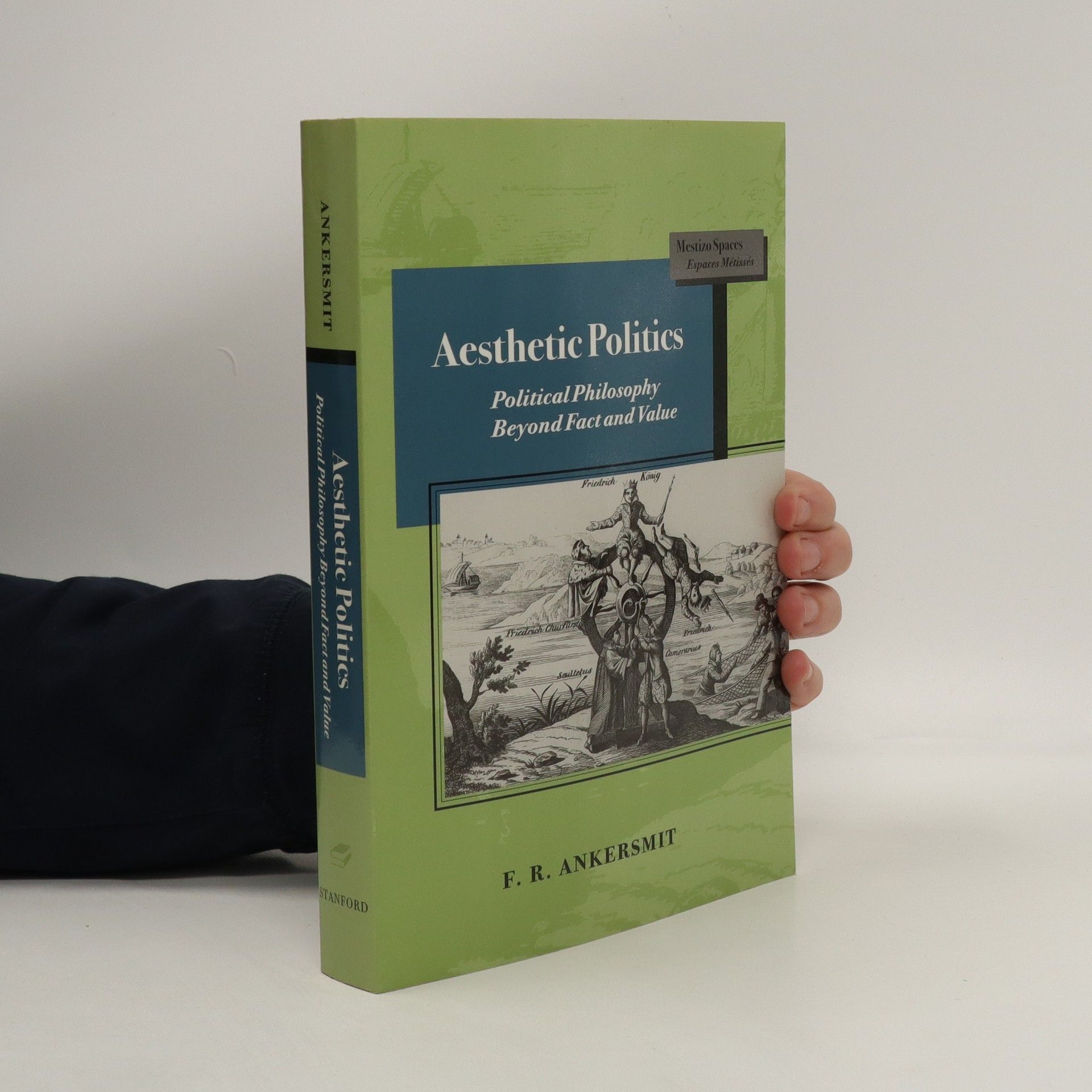Aesthetic politics : political philosophy beyond fact and value
- 436 Seiten
- 16 Lesestunden
Taking as its point of departure a sharp critique of Rawls's influential "A Theory of Justice," this book looks at politics from an aesthetic perspective.


Taking as its point of departure a sharp critique of Rawls's influential "A Theory of Justice," this book looks at politics from an aesthetic perspective.
Focusing on the notion of representation and on the necessity of distinguishing between representation and description, this book argues that the traditional semantic apparatus of meaning, truth, and reference that we use for description must be redefined if we are to understand properly the nature of historical writing.